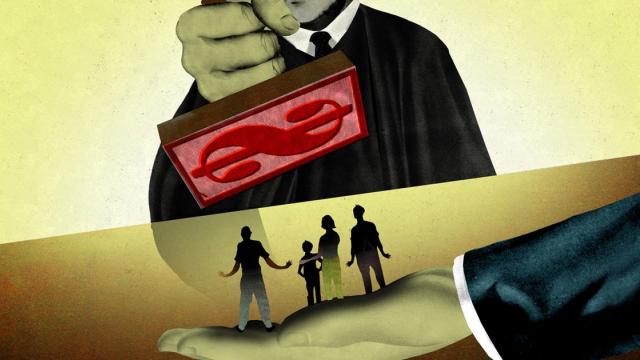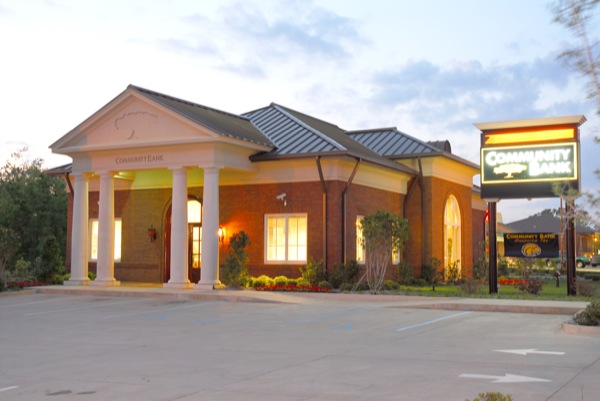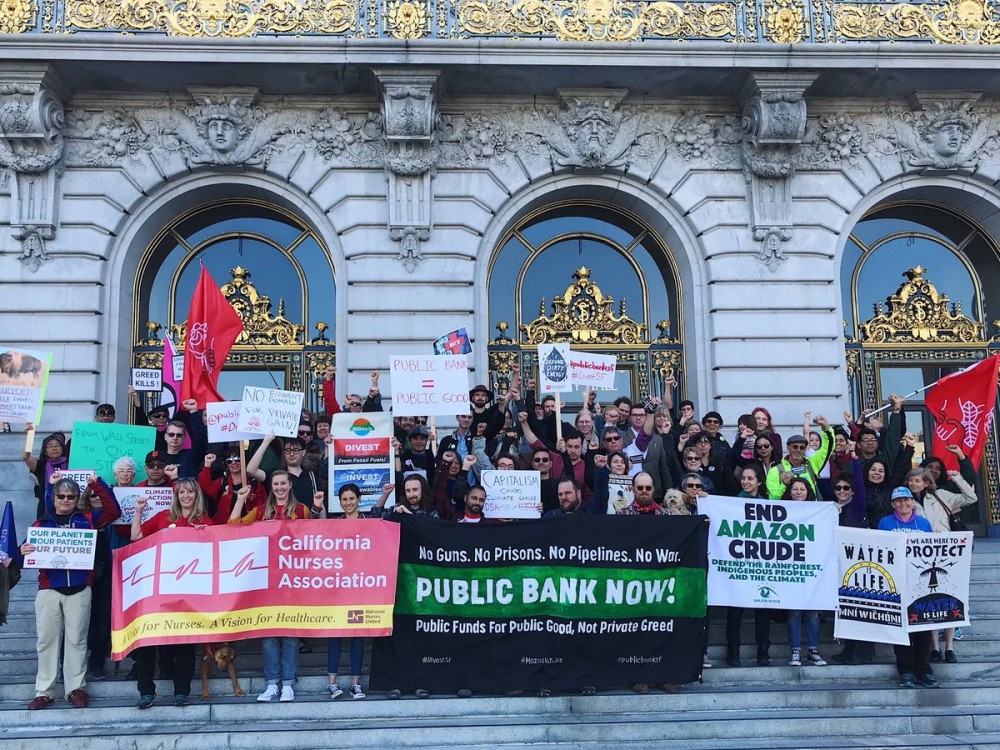
This is Part 4 in a 10-part series on public banking and economic justice. Read parts 1, 2, 3, 4, 5, 6, 7, 8, 9 and 10.
Theaters of Debt
Of all capitalism’s tricks, the trickiest is convincing people that debt, credit and currency have an objective existence and power beyond what we give them.
In his 2011 book Debt: The First 5000 Years, anthropologist David Graeber chronicles the transition from communal systems of sharing – including shared obligations – to capitalism’s assimilation of all relationships into a system that generates profits for investors. Integral to that process is the individuation (and demonization) of debt, one of the many relationships that are stripped away, often through literal violence.
Where earlier economic relationships could function on trust and neighbors even “assumed they ought to be constantly slightly in debt to one another,” debt was later “tinged with criminality” as part of an “incessant war on all remaining forms of the communism of the poor, even to the point of criminalizing credit.” The Atlantic slave trade, the massacres of indigenous people in South America, and indentured servitude were all woven into chains of debt obligations.
In her 2015 article “Disciplining the Financial Failure,” law professor Linda Coco describes how the U.S. Bankruptcy Code provides a way for people to go through bankruptcy proceeding in order to get forgiveness of some of their debts. The process is ritualistic and moralistic. Redemption comes through acknowledgment of our failure to manage our lives.
“To assume the identity of a debtor under the Code,” Coco writes, “an individual must subject himself to controlling and transforming forces of the Code and bankruptcy court. The process of transformation from fiscal failure to ‘debtor’ involves rendering the previously unruly, disorganized, and sometimes messy financial life of an individual into a distinct, coherent, organized, recognizable, linear, and legally comprehensible identity.”
The debtor, having failed at the virtues of frugality and self-discipline, presents herself to the court for rehabilitation. To pile indignity upon indignity, a lot of debt can’t be forgiven or renegotiated through the Bankruptcy Code anymore, since private financial interests have influenced the ongoing reinvention of bankruptcy law.
Debt, currency and credit are all signifiers of relationships. In this economic order, those relationships are defined and directed to satisfy the interests of capital. For the majority of humans on the planet, the results are demoralizing and tough on the good days, violent and deadmaking on the bad ones. Apologists for the system hope that the discord created by the capitalist worldview can be smoothed over by narratives of economic opportunity, fiscal responsibility and cautionary tales of people’s failure to “live within their means.” Like the Passion Plays of the Christian world, these theaters of debt will teach us how to behave.
Public Banks Take Back Our Symbols and Relationships
The case for public banking begins by deconstructing the creation of money and, in a fairly stunning revelation if you’ve never heard it before, discussing how banks create “new money” when they make loans. This isn’t some conspiracy theory. The not-at-all-radical Bank of England released a report in 2014 explaining: “Commercial banks create money, in the form of bank deposits, by making new loans. When a bank makes a loan, for example to someone taking out a mortgage to buy a house, it does not typically do so by giving them thousands of pounds worth of banknotes. Instead, it credits their bank account with a bank deposit of the size of the mortgage. At that moment, new money is created.”
That seems like a phenomenal power, being able to create money. In making the case for public banking, advocates point out this elemental banking concept – and go further by asking why that power shouldn’t be embodied in a public utility rather than controlled by private interests. As Ellen Brown writes in The Public Bank Solution:
“The problem with money created as private bank credit is that more is always owed back than was created, and this excess winds up in private coffers rather than being recycled back into the economy... Little of this money is spent on goods and services, adding to the consumer demand needed to stimulate production and create jobs. Most of it goes into speculative ‘money making money’ schemes that draw resources out of the economy without feeding them back in.”
A public bank can be created by a democratically elected government entity and given a mandate through its bank charter to lend and offer financial services in the public interest only. Depending on what a community defines as the public interest, this could mean lending to small businesses, helping homeowners avoid foreclosure or making low-interest student loans. It could mean financing a wholesale change in major sectors of the economy, like a transition to renewable energy or the creation of large-scale public transit.
In a way, by redefining what banks do, a public bank also takes back and re-fits some of the symbols and relationships we’ve lost to finance capital. But the movement is often stuck between talking about how public banks reform those symbols and relationships, and how public banks have the potential to redefine them.
Between Two Worlds
Myths of financial failure and debt-as-moral liability alienate us from our collective stake in the Commons. An emerging alternative view is that through deliberation, democracy and solidarity we can re-imagine finance and debt, restore their relational meaning and build communities of sustainable material security.
Another view is that we are, for now at least, stuck in a world of economic hierarchy. The best we can hope for is to find less harmful ways to play by the rules of that world. In that view, we can create public banks with modest mandates to support private (hopefully community-level) banks that stimulate traditional economic development and allow Americans to maintain their current lifestyles, reducing but not eliminating our dependence on debt-based finance.
The public banking movement has often struggled to find its place between these two competing worldviews. One moment, you’ll hear advocates talking about how banks create money practically by sleight-of-hand. The next moment, those same advocates will reassure fiscal conservatives that public banks won’t lend to “bad credit risks” or the “fiscally irresponsible,” with no acknowledgment of how problematic such terms are in light of the artificiality of money and debt. One moment, you’ll hear advocates talk about how public banks can be the financial engines of a new, Commons-based economy. The next moment, those same advocates will boast about how the Bank of North Dakota helped create that state’s fossil fuel boom.
A few years ago, many in the movement got excited that the Bank of North Dakota had “outperformed” big Wall Street banks. BND had recorded a better profit margin, credit rating and total assets than Goldman Sachs, JP Morgan Chase and Bank of America, using the metrics commonly applied to banking as a business. This was not a lie, but conservatives could easily have responded that BND had a state-level legal monopoly on the most reliable kind of deposits – since it is the sole repository of North Dakota’s state revenue.
That conversation about a public bank’s profitability seems substantially less appealing to me than a discussion of what a network of public banks could do. Such a network could completely disempower the dominant private financial institutions, not just tepidly reassure people that public banks don’t have to compete with private ones. That would be a performance much sexier than just outperforming Wall Street at profitability. When I talk about the need for the public banking movement to reach critical mass and to be part of a larger movement for economic justice, that’s why.
READ PARTS 1, 2, 3, 4, 5, 6, 7, 8, 9, 10
Matt Stannard is Policy Director at Commonomics USA and a member of the Public Banking Institute’s Board of Directors. Matt Stannard writes about cooperative economics, law, politics and culture. His blog is Cowboys on the Commons. Click to read more by Matt on Occupy.com.














